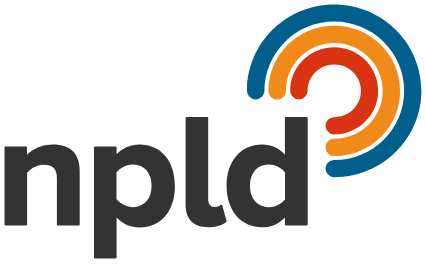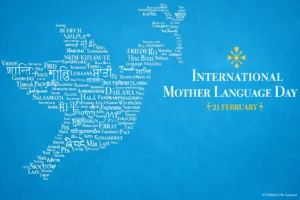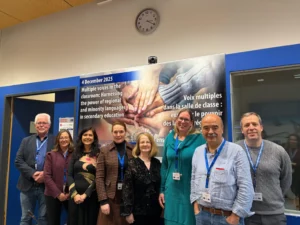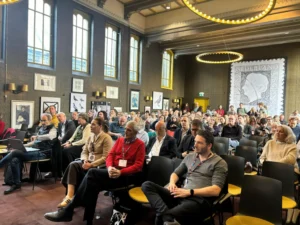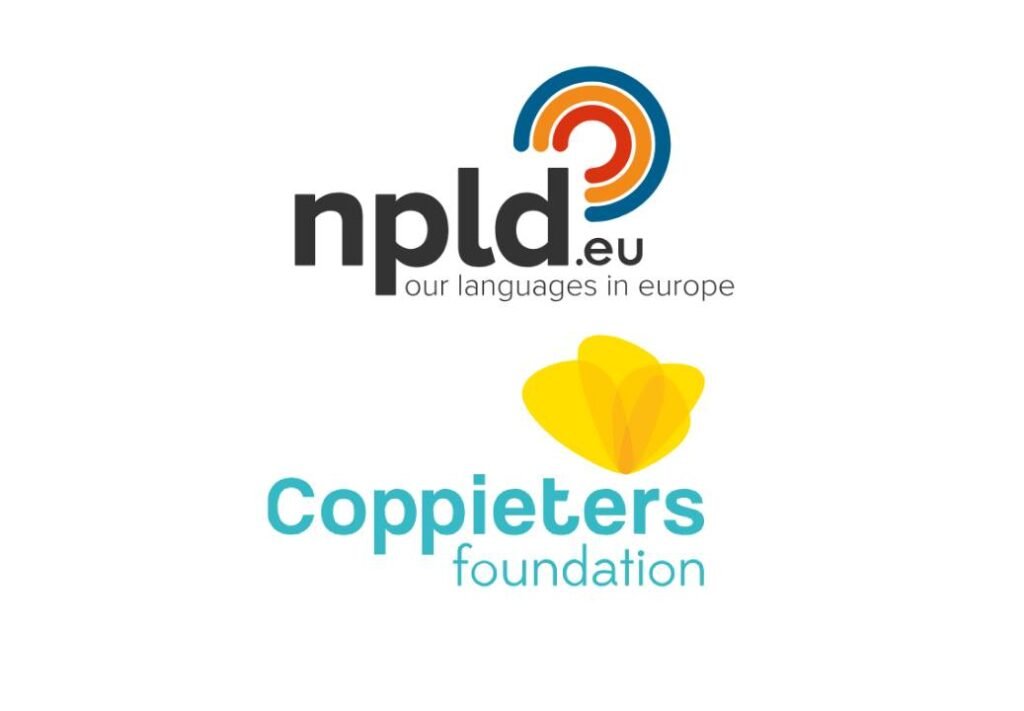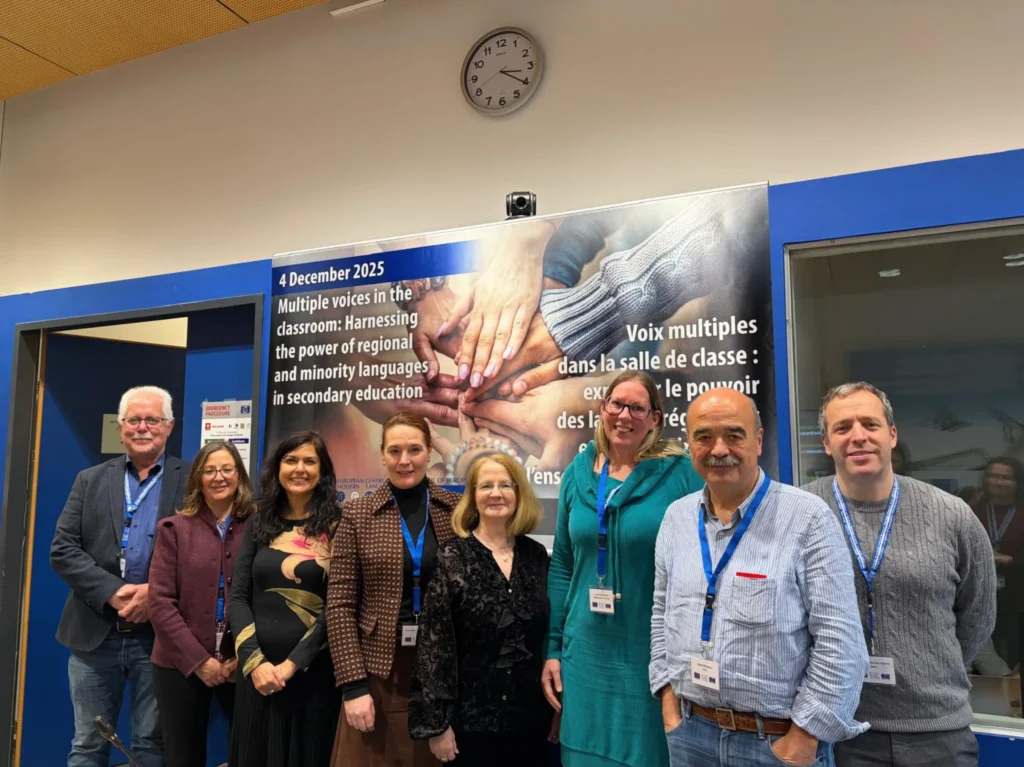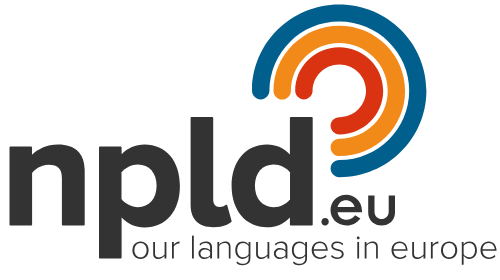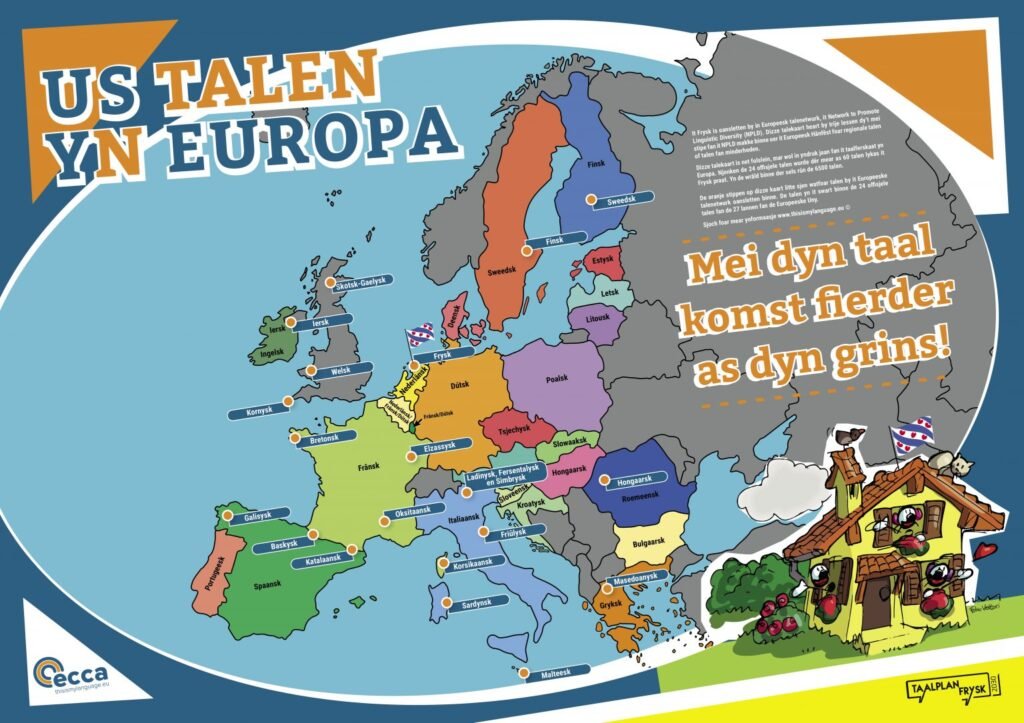
NPLD » ECCA Project
ECCA project
What is the ECCA project?
It’s a project where schools can work on activities from the European Charter for Regional Languages or Minority Languages in the classroom throughout the year. The ECCA project aims to develop language focused classroom activities and bring young people and their teachers from different language regions closer together. In our world there are now more than 7000 known living languages. 60 of which are regional or local languages spoken in Europe by around 40 million people. The ECCA project wants to make young Europeans aware and proud of their regional language and to raise awareness that there are more languages than the 24 official languages recognised by the European Union.
ECCA competition
Different schools all over Europe participated earlier this year in a competition organised by ECCA. In different classrooms across Spain, Italy, Wales, Romania, Sweden and the Netherlands pupils were asked to answer the following question: why should people visit your language region? The 24 young people selected were judged to be the most creative and were awarded with this opportunity to join the ECCA campus and to cross borders with their own language.
ECCA campus
During the ECCA campus this weekend participants will follow a language focused itinerary by taking part in various activities in their different languages. For instance, they will create a rap together in 8 different languages. They will also learn how to become a Mobil Journalist (MoJo) by creating a news item for the Council of Europe about (and in) one of their languages. The ECCA project is expected to bring together young people to share experiences and their feelings about speaking a regional/minority language, and to bring positive awareness about the added value of bi- and multilingualism.
Network to Promote Linguistic Diversity
The ECCA project is made possible by a grant through the Network to Promote Language Diversity (NPLD) and contributions from the participating partners. The NPLD is a European wide network working in the field of language policy and planning for languages across Europe. NPLD includes governments both national and regional, universities and associations as its members. The ECCA project is specifically made possible by the following partners: Province of Trento/Ladin Cultural Institute “majon di fascegn”, Agjenzie Regjonâl pe Lenghe Furlane (ARLeF), Partium Christian University, Xarxa Vives d’Universitats, Provincial Council of Bizkaia, Welsh Government, Stockholm University and the Province of Fryslân.
Share this post:
